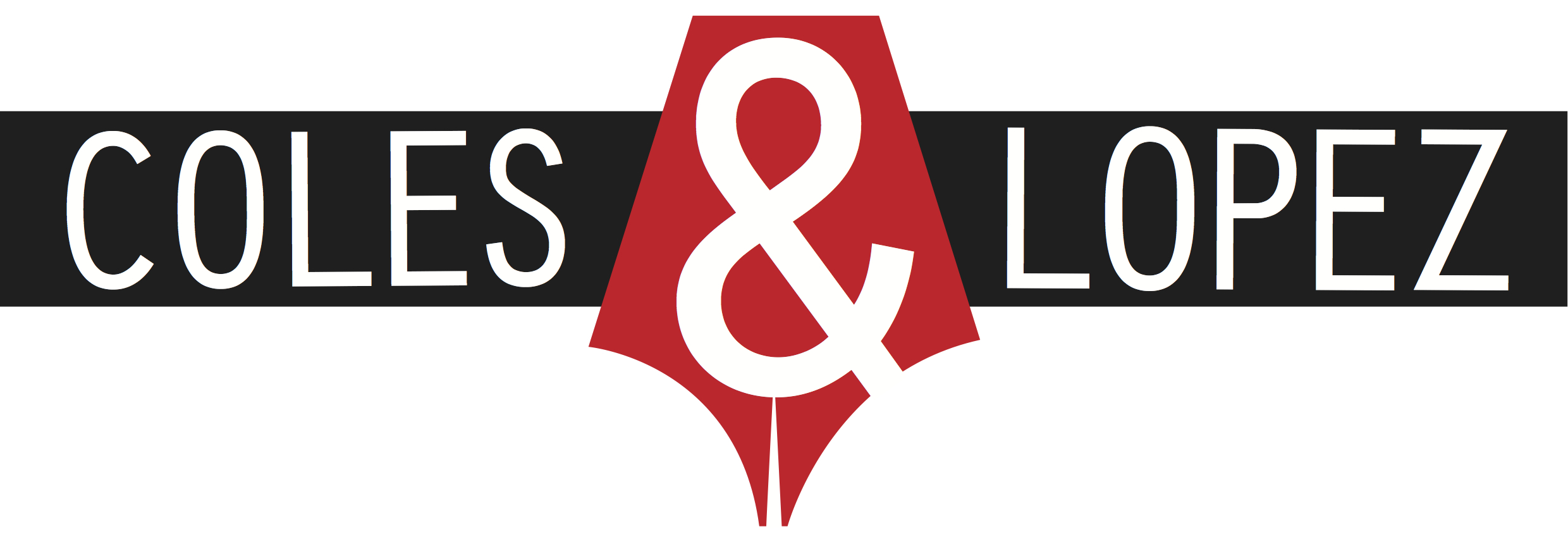A thing of the past
This week, I’m going to talk about the difference between “passed” and “past” – one of the most common questions I get asked. My examples are all related to the Beatles, which I recently decided would be my Mastermind specialist subject if I were to go on the show. (On a side note, I would never go on the show. There isn’t even a prize! You just get a trophy and the Mastermind chair!)
Squad goals.
First, we’ll go over the difference between the two words, and then we’ll talk about an easy way to work out which is right.
“Passed” is a verb. It is the past tense of the verb “to pass”:
The band passed through London on their way to Hamburg.
It is also the past participle of the same verb:
Fifteen years have passed since George’s death.
“Past” is more complicated. It can be a noun:
Ringo was experimenting more than he had in the past.
Or an adjective, describing a noun:
John and Paul’s past resentments started to surface during the recording of the album.
Or a preposition, describing the relation of one thing to another:
Fans walked past the studio day and night hoping to catch a glimpse of the band.
Or an adverb, describing a verb:
Once, when I was in Central Park, I saw Yoko Ono walk past. (True story!)
How to work out which is right
In most cases, you should be able to work out whether the word you’re looking for is a verb (“passed”) or a noun, adjective, preposition or adverb (“past”). If that proves difficult, though, here’s another approach to try.
As I said above, “passed” is the past tense of the verb “to pass”. That’s a pretty straightforward grammar principle – most of us mastered the basics of past, present and future tense back in primary school. The thing to remember is that where there’s a past tense, there’s always a present tense. Therefore, any sentence with “passed” in it should also make sense with “pass” or “passes”, the present-tense versions of the verb. That works perfectly with our first example:
The band passes through London on their way to Hamburg.
But it doesn’t work so well with our second:
Fifteen years have passes since George’s death.
That’s because, as noted earlier, this version of “passed” is a past participle. Past participles are complicated in general but relatively simple in this case – the past participle “passed” almost always appears alongside a form of the verb “to have”: for example, “those days have passed”, “he has not passed the test” or “we had passed the opportunity by”.
So, when confronted with a passed-or-past dilemma, simply ask yourself this:
(1) Could it be replaced with “pass” or “passes” and still make sense?
(2) Does it appear with a form of the verb “to have”?
If the answer to either question is yes, use “passed”. Otherwise, use “past”.

